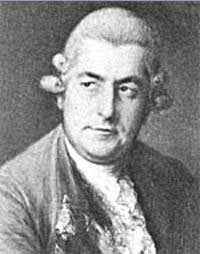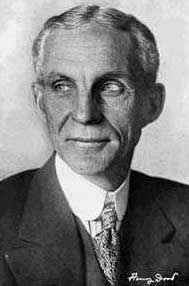becoming a freemason
One of the unique features of Freemasonry is that no man is ever invited to become a member. Freemasons are prohibited from the solicitation of new members. For that reason, it is sometimes difficult for an interested person to discover how to approach the fraternity for membership.
It is easy, however, to find out; just contact a Freemason and ask him about Freemasonry. You probably know several Freemasons. Perhaps you have seen the Square and Compasses on a ring, pin, or bumper sticker. Drop by the Lodge in your community, stop by or look up the phone number and give them a call or contact the Secretary at St. James Lodge.
Freemasonry offers much to its members – the opportunity to grow, the chance to make a difference, to build a better world for ourselves and our children. It offers the chance to be with and work with men who have the same values and ideals.
Freemasonry is always ready to welcome good men into the fraternity. It’s ready to welcome you.
Famous masons in history
September 5, 1735 – January 1, 1782

Johann Christian, Portrait by Thomas Gainsborough.
Youngest of Johann Sebastian Bach’s four sons, musician and composer Johann Christian was known as the English Bach. In 1760 he was appointed organist of Milan cathedral and in 1762 he became composer to the King’s Theatre in London. Later he became was music master to Queen Charlotte and her children.
Member: Lodge of Nine Muses No. 235, London
Source: Denslow, William R., 10,000 Famous Freemasons, 4 vol., Missouri Lodge of Research,Trenton, Missouri, 1957-61.
July 30, 1863 – April 7, 1947

Henry Ford. Copyright 1997 State Historical Society of Wisconsin
Inventor and capitalist businessman, Henry Ford installed the first moving assembly line in his Highland Park, Michigan factory on December 1, 1913. The time to produce a Model T was reduced from slightly over twelve hours to 93 minutes. Ford, paying significantly higher wages than competitors and reducing the workday to eight hours, was labeled a socialist while reinventing capitalism. In November 1915 he organized the “Ford Peace Ship,” a group of pacifists who sailed to Europe to attempt mediation. In 1918, he lost a campaign for the Senate. His editorials in The Dearborn Independent only confirmed the label of “ignorant idealist” given him by the Chicago Tribune. By 1940, Ford had amassed a fortune in excess of one billion dollars, much of which he gave to charity through his philanthropic foundations.
Palestine Lodge No. 357, Detroit, MI
Raised: November 28,1894
Member: Zion Lodge No. 1
Source: American Mason, Sag Harbor, NY. Aug/Dec 2001 p. 22; Denslow.
